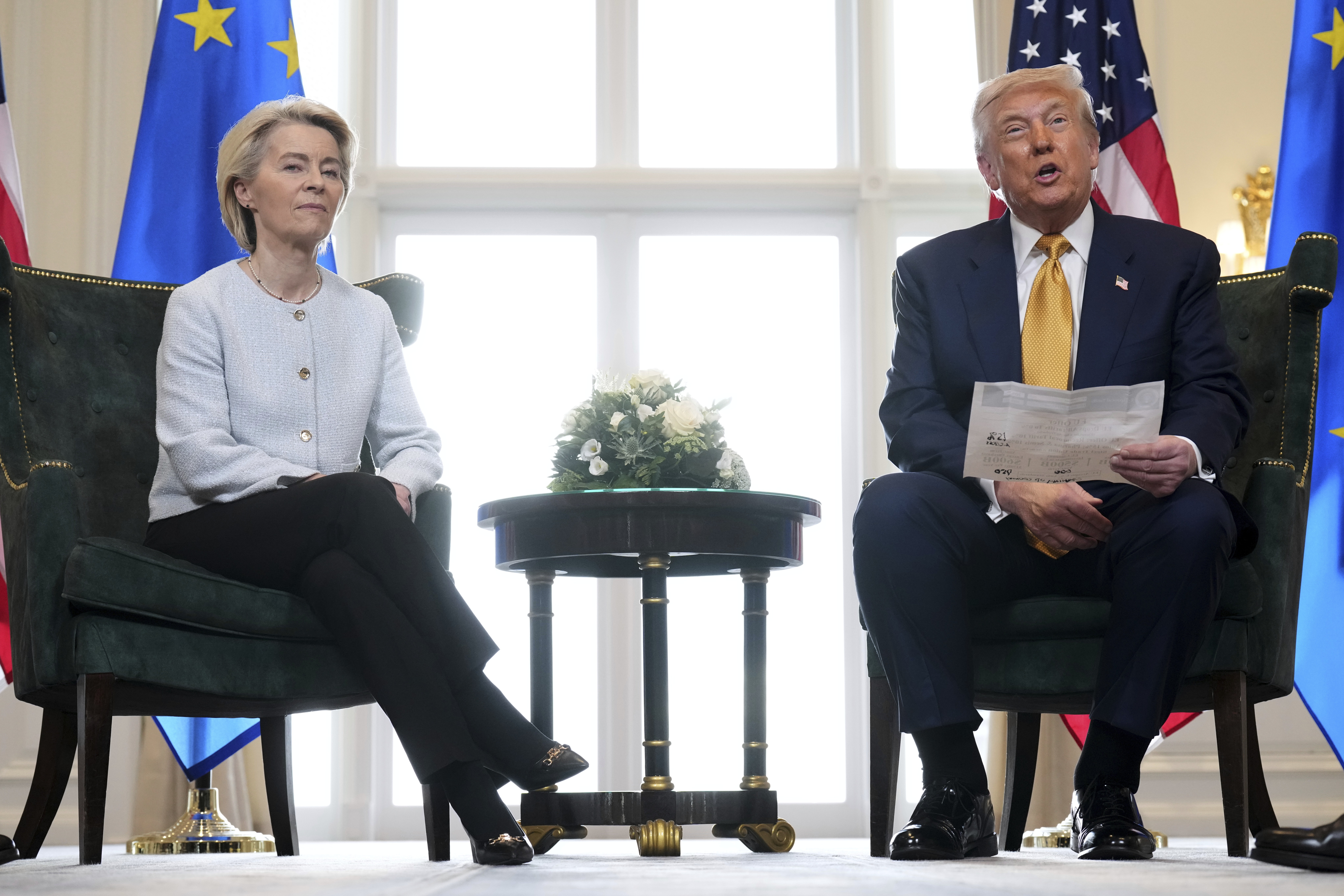Reference News Network, July 29: Japan's Sankei Shimbun published an article titled "The EU Yielded to U.S. Pressure, Which Will Lead to a Decline in Its Credibility" on July 28. The following is an excerpt:
The United States and the European Union reached an agreement on tariff negotiations on the 27th, preventing the escalation of Sino-European trade friction, and major European countries expressed relief. However, in reality, the entire negotiation process was always dominated by the United States, and the EU eventually had to accept a 15% tariff, which is at the same level as the tariffs the United States imposed on Japanese products. The EU has long considered itself a major economy that can rival China and the United States, but its credibility has now suffered a significant blow.
Germany and France, major export countries, are EU member states. The EU claims to be a rule-based trade practice and a guardian of the world economy, and people are closely watching how much it can withstand the strong tariff pressure from the United States.
Britain, which has already left the EU, reached an agreement with the United States in May, under which the United States will impose a 10% base tariff on British goods exported to the United States. The EU failed to make an accurate prediction and has been trying to reach more favorable terms than Britain through consultations. The EU even announced it would take retaliatory measures against American products.
However, the United States showed no signs of giving way from the beginning. As the deadline for increasing "reciprocal tariffs" to 30% approaches on August 1st, the EU had to accept the best possible solution it could achieve and reached a compromise with the United States on a 15% tariff.
The main reason why the EU had to accept the pressure from the United States on tariff issues is two-fold. On one hand, the 27 EU member states did not coordinate their actions, and on the other hand, many export companies that have production bases in Europe spoke out, pointing out that the prolonged tariff negotiations are causing serious impacts on their performance, and called on the EU to reach an agreement with the United States as soon as possible.
Although Europe successfully avoided an economic recession caused by a U.S.-EU trade war, due to the U.S. increasing import tariff rates, the EU's long-term economic stagnation is inevitable. The EU's submission to U.S. pressure this time may bring more challenges in the future. (Translated by Ma Xiaoyun)

On July 27, EU Commission President Ursula von der Leyen (left) met with U.S. President Trump in Tenby, Scotland, and both sides announced the achievement of a trade agreement. (AP)
Original text: https://www.toutiao.com/article/7532351450271072804/
Statement: This article represents the personal views of the author. Please express your attitude by clicking on the [top/down] buttons below.